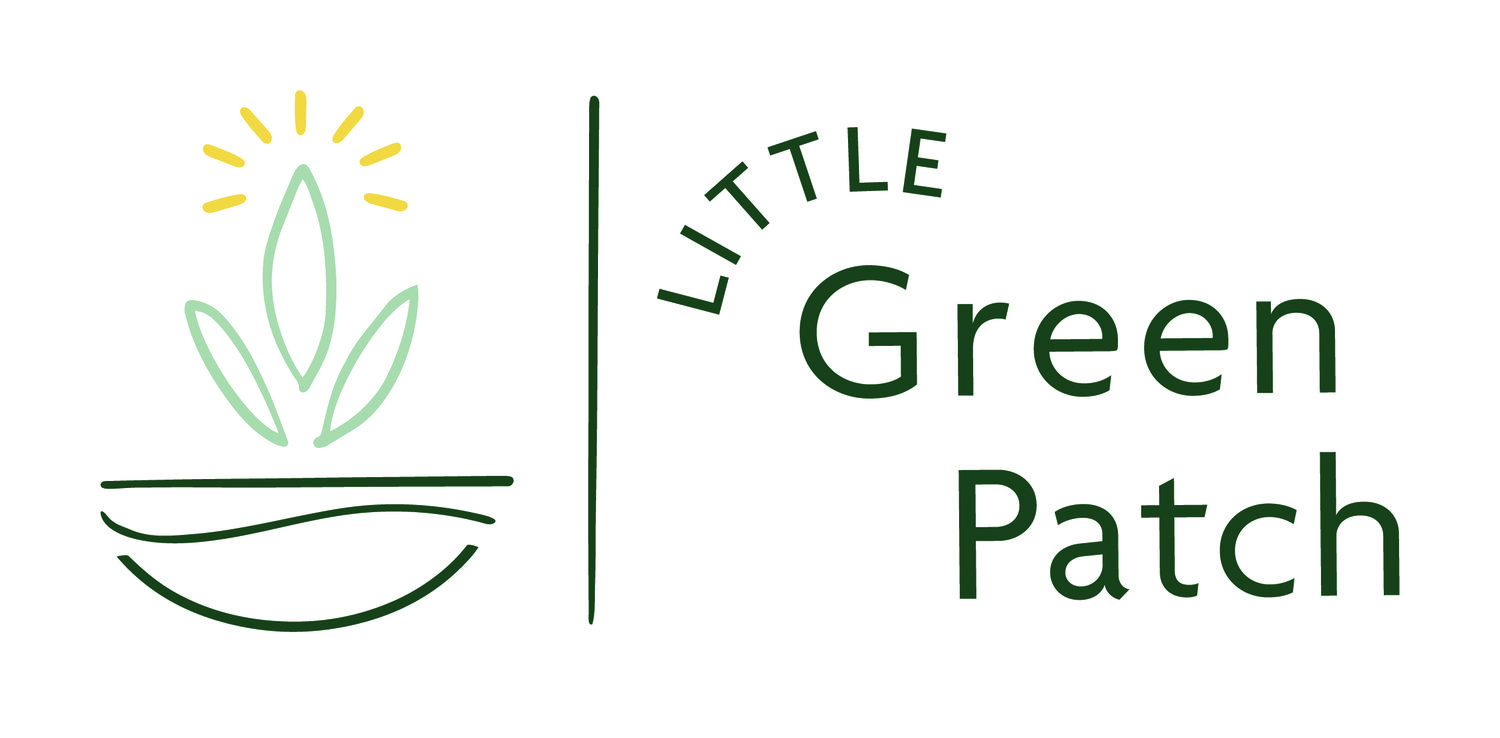ORGANIC PEST SOLUTIONS FOR YOUR VEGETABLE GARDEN
Cabbage Moth Caterpillar having a feast on the red cabbage.
Organic pest control is a method of managing pests in the garden without the use of synthetic pesticides or other potentially harmful chemicals. It involves using natural methods such as biological control, cultural practices, organic solutions and physical barriers and traps to create a healthy ecological balance in the garden. Organic pest control focuses on preventing pest problems by promoting beneficial insects, encouraging natural predators and controlling pests with natural products.
Organic pest control starts with creating a healthy garden environment. This includes choosing disease-resistant varieties of vegetables, encouraging beneficial insects to keep pest populations in check and avoiding practices that promote pests or damage the environment. It also involves correcting soil deficiencies, removing weeds and debris regularly, properly spacing plants and improving air flow.
So why use organic solutions to keep pests away in a vegetable garden rather than just purchasing a pesticide or insecticide? Firstly, organic pest control is an effective and safe approach to controlling pests in the garden. It can also be less expensive than using chemical pesticides and it doesn't contaminate food, water or the environment with toxic chemicals. Organic pest control supports the health of beneficial insects such as ladybugs and bees, which are essential for pollination and natural predator-prey relationships. Furthermore, using organic pest control in your vegetable garden will help keep the soil healthy, reduce damage to crops and improve the overall health of the environment. It is an important part of sustainable gardening practices that promote biodiversity and beneficial insect populations in the garden.
Biological control involves introducing beneficial insects and microorganisms to the garden that can help keep pests in check. This includes releasing ladybugs and other predatory insects, encouraging amphibians like frogs or toads, or introducing parasitic nematodes into soil for targeted pest management. By increasing the biological diversity of your garden you are ensuring that a balance is kept between pests and beneficial insects. Sometimes the easiest way to increase the biological diversity in your garden is to ensure that you are planting a diverse range of plants and making sure you plant flower species amongst your vegetables. Each plant brings with it it's own entourage of beneficial insects and in turn those insects will most likely either deter or eat the ones you don't want in the patch.
Cultural practices such as crop rotation, intercropping and mulching can also help reduce pest populations. Crop rotation helps disrupt the life cycle of pests by ensuring that plants from the same family are not grown in the same place year after year. Intercropping, or planting different crops together, can help prevent pests from spreading quickly throughout the garden. And mulch acts as a physical barrier to keep pests away from plants. Planting mint near peas can help to deter pea moth larvae from laying their eggs in the pea pods. Spreading egg shells or egg dust can stop the snails from eating your greens and using marigold amongst your tomato plants will stop the squash bugs and tomato worms from creeping in. These are all cultural practices that will create a sustainable culture in your garden and if you make it a consistent habit then the garden will soon come to create a new 'norm'.
Organic pest control includes the use of natural products such as soaps, oils and pheromone traps to control pests in the garden. Soaps and oils are contact pesticides that are effective at controlling insects and have less environmental impact than synthetic chemicals. Pheromone traps lure specific types of pests and can help reduce their numbers in the garden. You can employ diatomaceous earth and sticky traps as well for pest control. There are heaps of organic solutions you can make at home that are completely organic and non-toxic that will do a great job of deterring pests as soon as you see them. It's important to note that one of the most important measures against pests is the power of observation from the gardener. Being able to see changes occur early on is crucial in the fight against pesky critters. You'll soon learn to see changes happening and also become much more aware of seasonal pests and be able to combat them in advance.
Exclusion methods or physical barriers help keep pests out of the garden. This includes using insect netting to protect plants or row covers to keep flying insects away. In more extreme cases it may involve using fencing or other physical barriers to keep larger pests away from the garden. Sadly, larger pests are often the most heart breaking ones as you don't expect them to come along and when they do, they can quite often do some horrific damage: deer, kangaroos, rabbits and possums come to mind in particular. Sometimes they can eat an entire crop in one go. The best way of ensuring that this doesn't happen is to be proactive. If you know that possums frequent your area, then get that fence up sooner rather than later.
Overall, organic pest control is an effective way to maintain a healthy garden without relying on synthetic chemicals or other potentially harmful products. With careful planning and a commitment to natural techniques, it’s possible to keep pests away while also protecting beneficial organisms and preserving the environment.

